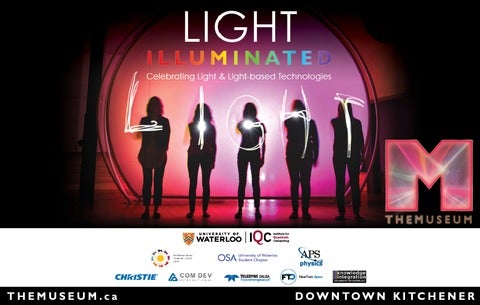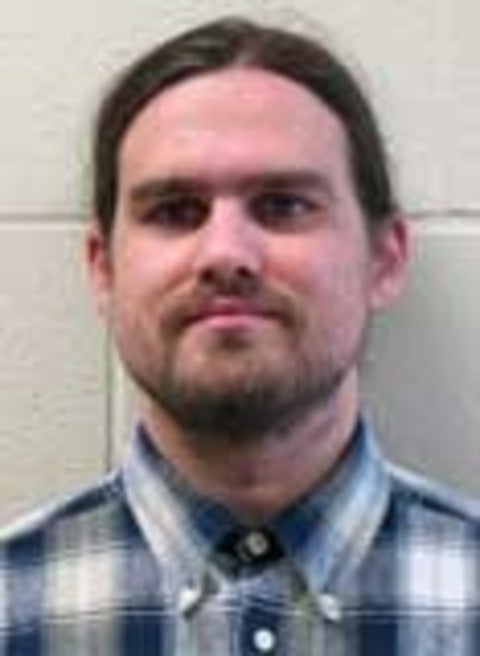Seminar: Nai-Hui Chia
How hard is deciding trivial versus non-trivial in the dihedral coset problem
Nai-Hui Chia, Pennsylvania State University
The dihedral coset problem (DCP) is an important open problem in quantum algorithms and has been studied since the early days of quantum computing. This problem attracts attention even from experts in cryptography due to its application to the lattice-based cryptosystems. It has been shown by Oded Regev in 2005 that the DCP has deep connections to the unique shortest vector problem and the random subset sum problem.

